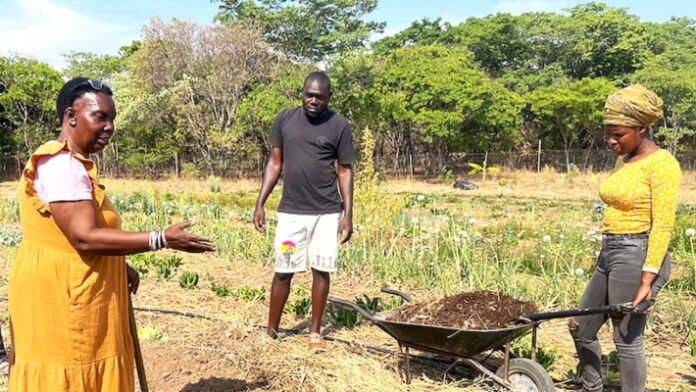
The biodynamic brand ‘Demeter’ is known around the world, the foundations of biodynamic agriculture less so. In the year leading up to the centenary, the Section for Agriculture at the Goetheanum explores this approach as the continuation of a human cultural impulse and invites the eco-activist Vandana Shiva to speak at the Goetheanum about the relationship between human beings and the earth.
“Agriculture is a cultural impulse that goes back around 12,000 years and has led to growing human emancipation.” With this thought Ueli Hurter, the co-leader of the Section for Agriculture at the Goetheanum, calls attention to the fact that agriculture is more than food production. When human beings stopped being hunters and gatherers, settled down, began farming the land and keeping animals, they grew ever more independent of external factors. They developed and optimized seeds, bred animals, shaped nature into a cultural landscape and became detached from ties to authorities. With the industrialization of farming it has also become apparent how harmful this is for the health of the soil and of animals and for the global climate.
That has not always been the case, as we can see when we look at ancient cultures, some of which continue to have an effect today. For Vandana Shiva from India, healthy relations among human beings, and between them and the earth, are a particular concern. Since the early twentieth century, biodynamic farming has practised a holistic way of cultivating the earth, has been protecting the climate by sequestering carbon dioxide in the soil and created a conscious social connection between producers, processors, retailers and consumers.
In the year leading up to the centenary of biodynamic farming, the Goetheanum’s Section for Agriculture examines its foundations, origins and global development. As part of this process, it also reflects on the method’s usurpation in Germany by the Nazis. The numerous strong pioneers of biodynamic farming are also considered; today it is mainly women who receive microcredits for their agricultural achievements. In 2021 the Section for Agriculture sought to work together with young climate activists. In 2023 it will invite people to help shaping biodynamics into a future-viable cultural impulse.







